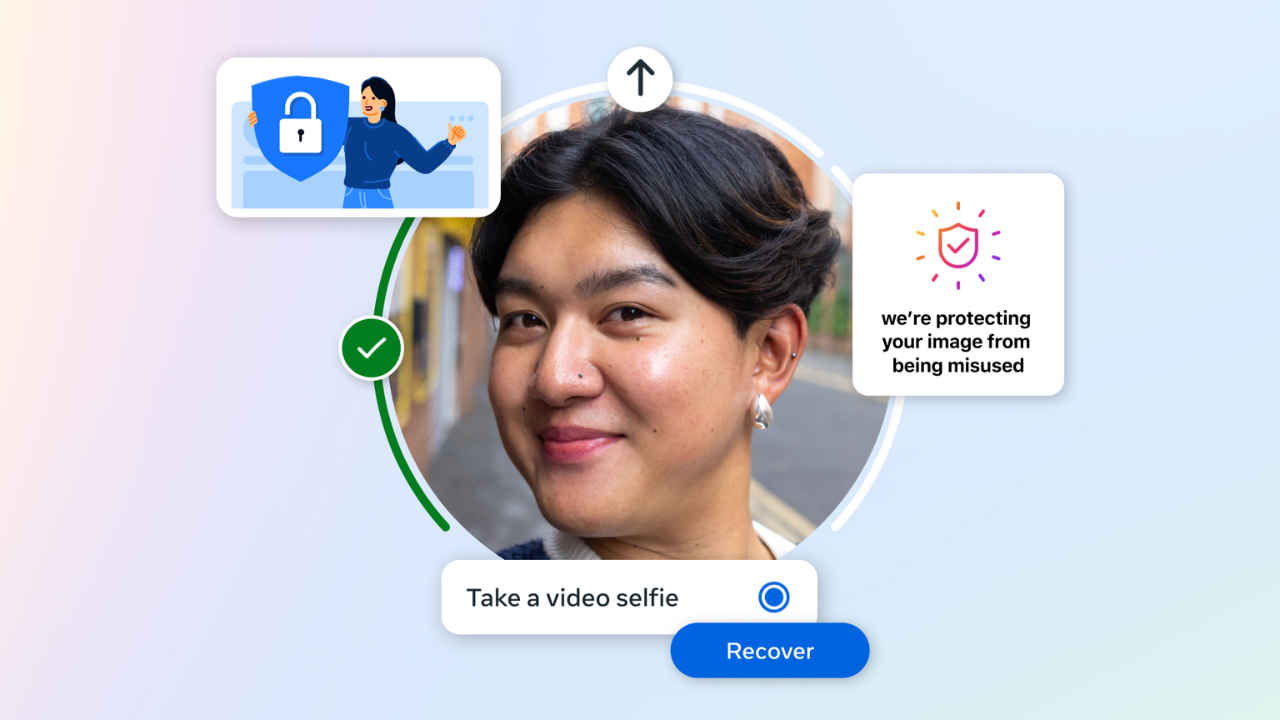Meta’s next big move: Facial recognition to spot celeb-bait scams and easier account recovery
Meta is testing facial recognition technology aimed at combating scams and streamlining account recovery.
One of the latest tactics used by scammers is creating “celeb-bait” ads.
Scammers also create fake accounts that impersonate celebrities to deceive users.

In today’s digital age, scams are becoming increasingly sophisticated, making it harder for users to protect themselves. With the rise of celebrity impersonation and scam ads, social media platforms are facing a major challenge in keeping their users safe. To tackle this issue, Meta is testing facial recognition technology aimed at combating scams and streamlining account recovery.
 Survey
SurveyOne of the latest tactics used by scammers is creating “celeb-bait” ads, where they use the images of public figures to trick users into engaging with fake advertisements. These ads often lead to scam websites asking for personal information or even money. Although celebrities are featured in legitimate ads, scam ads can be tricky to identify because they are designed to look real.
Also read: Meta lays off employees across Instagram, WhatsApp and more
Meta is testing a new method to detect these scams. If the ad’s image resembles that of a public figure, Meta’s systems will compare the facial features in the ad to the celebrity’s profile pictures on Facebook and Instagram. If there’s a match and the ad is confirmed to be a scam, it will be blocked immediately. Importantly, any facial data used for this check will be deleted right away, ensuring user privacy is maintained.
“Early testing with a small group of celebrities and public figures shows promising results in increasing the speed and efficacy with which we can detect and enforce against this type of scam,” Meta said in a blogpost.
Scammers also create fake accounts that impersonate celebrities to deceive users. These impostor accounts may promote scams or solicit sensitive information under the guise of a well-known figure. Meta is exploring measures to detect these fake accounts more quickly, comparing suspicious profile pictures to the real ones of public figures.
Also read: Meta CEO Mark Zuckerberg says he’s done apologising, eyes future beyond social media
For users who lose access to their accounts, Meta is testing a video selfie feature as an alternative identity verification method. Users can upload a video selfie, which will be securely compared to their profile pictures. Unlike traditional identity checks, video selfies offer an added layer of security, making it harder for hackers to misuse recovery tools.
“Scammers are relentless and continuously evolve their tactics to evade detection. We’re just as determined to stay ahead of them and will keep building and testing new technical defenses to strengthen our detection and enforcement capabilities,” Meta said.
Ayushi Jain
Ayushi works as Chief Copy Editor at Digit, covering everything from breaking tech news to in-depth smartphone reviews. Prior to Digit, she was part of the editorial team at IANS. View Full Profile